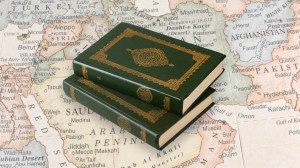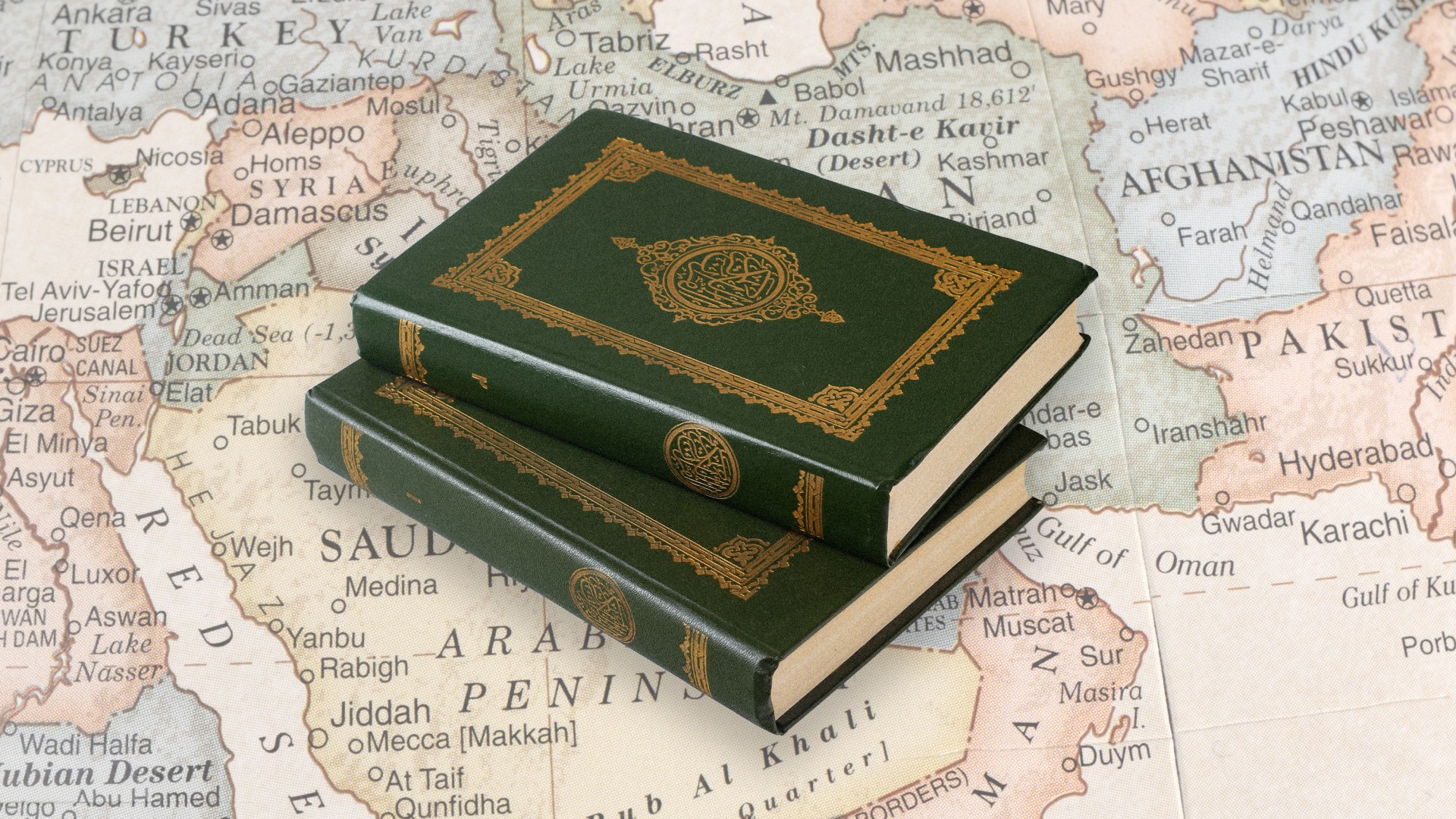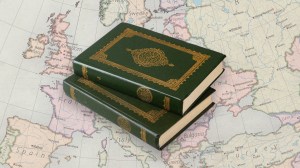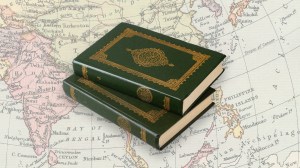In this series

A New Introduction to Islam, by Daniel W. Brown
Dan Brown’s New Introduction is the ideal textbook for the study of Islam at the higher-educational level. Unlike its peers that tend to adopt either a classical or a critical approach, this book combines a sympathetic understanding of the believing Muslim tradition with a survey of the latest in the scholarly revisionist field like few other introductory works do.
That the author is of personal Protestant conviction is a great bonus, as throughout the text he introduces the central ideas in Islamic studies with reference to the Christian intellectual milieu. Brown is not only an outstanding Islamicist who brings the world of Islam close to the Muslim and non-Muslim alike, but he is also a sharp theologian fully conversant in both the academic and seminary settings.
The Emergence of Islam: Classical Traditions in Contemporary Perspective, by Gabriel S. Reynolds
Reynolds’s book offers an advanced, cutting edge, yet highly readable introduction to the study of Islam. The author is a believing Catholic, and like with Brown, you can sense his Christian commitment through his respectful yet critical approach to his subject. The great benefit of this work lies in his side-by-side comparison of the classical traditionist and the critical revisionist approaches. As an academic work, it fully embraces revisionist theory while also introducing the reader to the latest scholarship in Islamic studies.
His approach presents a serious challenge to the traditional Muslim vision of Islam’s emergence, with the Quran interpreted through the lens of Muslim traditions and sayings attributed to Muhammad, its founding prophet. Reynolds suggests—without being polemical—that Islam’s holy text is best understood when the biblical tradition is considered as the cradle from which it emerged. This underlying attitude is what makes his book most valuable, over and above its commendable content.
What Is Islam?: The Importance of Being Islamic, by Shahab Ahmed
No Christian should be introduced to Islam without being exposed to a Muslim perspective. Shahab Ahmed’s What Is Islam? does so in a unique way. Unlike the classical traditionalist approach of most Muslim scholars, Ahmed considers the diverse manifestations of Islam throughout history as “legitimate” expressions of the religion—whether militant jihadism or the liberal consumption of wine.
When presenting their respective religions, Christians and Muslims alike tend to paint the best of their tradition as its authentic expression and the less flattering aspects as a distortion. But Ahmed’s social and anthropological study of his own faith allows the diversity to speak freely, helping the reader become less judgmental. A practice recommended for all faith traditions, his approach demonstrates how Muslim adherents have supported their often vastly different beliefs and practices from the same holy scriptures.
A Muslim and a Christian in Dialogue, by Badru D. Kateregga and David W. Shenk
Shenk’s classic is among the most gracious and authentic accounts of a Christian and a Muslim scholar entering each other’s worlds. Engaging the theological and practical dimensions of both religions, each author offers an authentic presentation of his faith. Together, the also offer us great insights into the questions that Christians and Muslims ask of each other.
In each of the two halves of the book, first Kateregga and then Shenk present the main tenets of their religions, beginning with God, creation, Adam and Eve, Satan, sin and evil, Scripture, prophets, the believing community, Jesus, divine guidance, salvation, worship, ethics, and mission. Each section’s presentation is followed by a response from the “religious other,” always with great sympathy and respect.
Kateregga and Shenk offer us a model for the sort of conversation that our pluralist world needs today more than ever, whether in the context of two neighbors visiting over coffee or of theologians and scholars dialoguing in official capacity.
Cross and Crescent: Responding to the Challenges of Islam, by Colin Chapman
Chapman’s book is a classic in British evangelical engagement with Islam, past and present. Following its readable introduction, he presents several dialectic question-and-answer sections, inviting his Christian readers to embrace the apologetic genre in its gentlest form.
Subjects include the place of women, the veil, honor killings, democracy, Islamic law, apostasy, and terrorism, but the book also prepares the reader for the many topics that Muslims are likely to ask Christians in return. Chapman’s winsome style draws readers into the world of their Muslim neighbors, preparing them to engage in polite conversation, visit a mosque, and participate in Muslim festivals. Inviting the examination of our own attitudes and motivations, Chapman encourages us not only to share Jesus but also to work for societies that are attentive to the construction of a common good.
Read our authors’ bio in the series’ lead article, The Best Books for Understanding Islam and Connecting with Your Muslim Neighbors. (Other articles in this special series are listed to the right on desktop or below on mobile.)
















